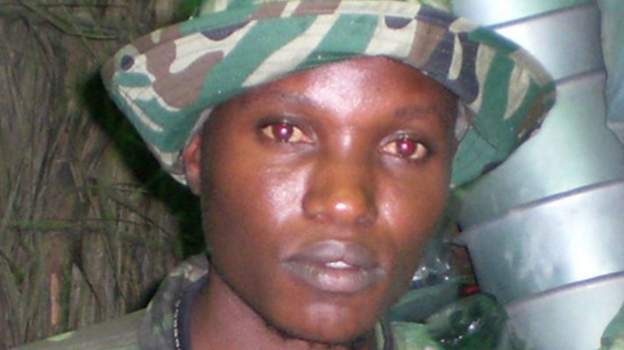• The US State Department said under the command of Seka Musa Baluku, the Allied Democratic Forces had killed, maimed, raped and abducted civilians including children.
About IEA Media Ltd
Informer East Africa is a UK based diaspora Newspaper. It is a unique platform connecting East Africans at home and abroad through news dissemination. It is a forum to learn together, grow together and get entertained at the same time.
To advertise events or products, get in touch by info [at] informereastafrica [dot] com or call +447957636854.
If you have an issue or a story, get in touch with the editor through editor[at] informereastafrica [dot] com or call +447886544135.
We also accept donations from our supporters. Please click on "donate". Your donations will go along way in supporting the newspaper.
Our Offices
London, UK
+44 7886 544135
editor (@) informereastafrica.com
Slough, UK
+44 7957 636854
info (@) informereastafrica.com
Latest News
© Informer East Africa - IEA Media Ltd. Designed by InspireTheme.






